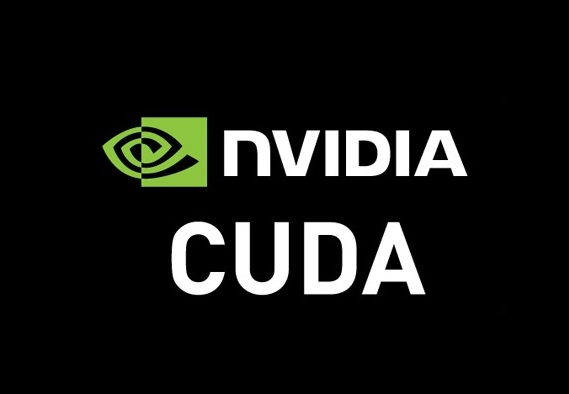

Nvidia is updating its CUDA platform to make it easier for developers to program for systems that feature GPU accelerators.
The most significant change in CUDA 6 is the support for unified memory, enabling developers who are writing code to no longer be concerned about where the data is when trying to leverage the graphics capabilities, according to Nvidia officials. Instead, the memory-management capabilities within CUDA will decide whether the data should be in the CPU or the GPU.
This “dramatically simplifies” the work programmers have to do when creating code for GPU-accelerated systems, according to Sumit Gupta, general manager of Tesla Accelerated Computing products at Nvidia.
“This is something developers have been asking for years,” Gupta told eWEEK.
Nvidia’s unified memory announcement on 14 November came the same week that AMD officials announced similar capabilities within its accelerated processing units (APUs), which are AMD chips that integrate the GPU with the CPU on the same piece of silicon. In announcing the impending shipment of the company’s low-power “Kaveri” APU, officials said the GPU and CPU on the chip will share the same memory via AMD’s HUMA specification, enabling developers to create applications without having to worry about whether the code will leverage CPU or GPU memory. That decision is made within the APU.
The shared memory in the APU is a key part of AMD’s growing heterogeneous computing efforts.
The announcement also comes just before the kickoff for the SC ’13 supercomputing show in Denver, which begins on 17 November. The show is important for Nvidia given the growth in the use of GPU accelerators in supercomputers in recent years to improve the performance of these systems – particularly when handling highly parallel workloads – without increasing the power consumption.
Both Nvidia and AMD have been promoting the use of their GPUs for computing workloads, while Intel is promoting its x86-based Xeon Phi coprocessors, which offer as many as 60 cores, as an alternative. Fifty-four of the supercomputers on the most recent Top500 list of the world’s fastest systems – released in June – use the technologies, including 39 that use GPU accelerators from Nvidia, 11 using Xeon Phis and three using AMD’s ATI Radeon GPU accelerators.
The newest list will be released at the show in Denver.
Gupta said the growing number of supercomputers with GPU accelerators is an indication of the strong adoption of graphics technologies in computing, and has helped Nvidia rapidly expand its reach in the industry.
“We’re not just doing graphics, we’re doing computing,” he said.
Along with the unified memory support, Nvidia also has improved libraries within CUDA 6 that can speed up applications on GPUs by as much as eight times, the company said. In addition, the redesigned BLAS and FFT GPU libraries can automatically scale performance across up to eight GPUs in a single node, which means delivering more than nine teraflops of performance per node and supporting large workloads up to 512GB.
Do you know all about Intel? Take our quiz.
Originally published on eWeek.
Elon Musk sells social media platform X to his AI start-up xAI in a move…
TikTok opens e-commerce shopping in Germany, France, Italy as US future remains uncertain over divest-or-ban…
Discover expert insights on overcoming digital transformation challenges. Learn how to manage change, balance innovation,…
Microsoft drops data centre projects amounting to 2 gigawatts of power consumption as investors question…
SMIC sees revenues rise 27 percent for 2024, but profits fall nearly 50 percent amidst…
Google reassures developers Android to remain open source as it brings development entirely in-house, reduces…